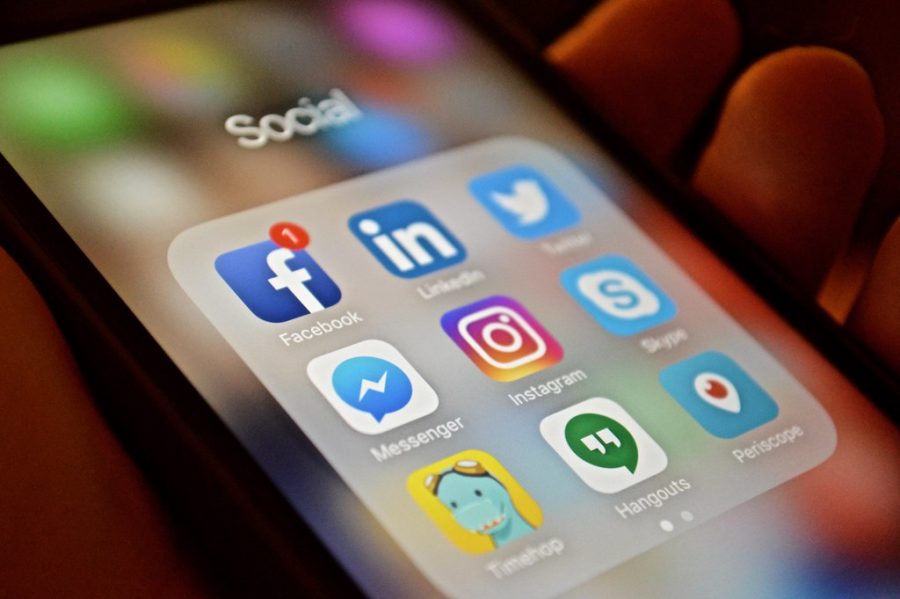Hey! We Broke the Internet
Researchers analyze the effects of increased Social Media Usage in the age of COVID-19
You open your phone, go to the settings app, and check your screen time only to find that your social media usage is up between 30 to 70%. You think, “it was only a few TikToks!” You, along with many Americans, have noticed a significant increase in social media usage since being in this pandemic as people strive to communicate with family and friends across town and the country.
Studies show that social media heightens anxiety in young adults. In a recent study, researchers from the department of psychology at Purdue University gathered to analyze the effects of apps like Instagram, TikTok, and Snapchat in teens ages 13 to 19 but could not pin down just one source of kids’ mental health struggles.
“[Researchers were] unable to determine whether increased anxiety due to COVID-19 had increased social media use or whether increased social media use had increased anxiety.”
Their findings later suggested that social media should be “a source of accurate and helpful information so that anxiety is not exacerbated.”
A study done at the University of Waterloo showcases some other potential benefits.
Researcher Dr. Mohammed Saud writes in this study that their respondents “admitted their social media friends had shared innovative ways to keep them busy at home,” including providing information about COVID-19, facilitating local discussions, making video content, and more.
Dr. Andrew Wong, a consultant of urgent care in the UK, found an imperative need for social media during COVID-19 where people worldwide are counting on these platforms for guidelines, protocols, standardized operating procedures, and knowledge of the virus’ seriousness.
“Such sharing is of immense value,” Dr. Wong says.
Increased phone usage has not all been on social media; the news has also seen an uptick in readership.
Ella Koeze, a writer for New York Times, says that the websites for The NYT and The Washington Post have both grown traffic more than 50 percent over the last month. She writes that, “Americans have also been seeking out more established media brands for information on the public health crisis and its economic consequences.”
While studies are mixed, researchers find that proper use can facilitate a lot of good.
“It is a powerful tool for social interaction and ongoing education, and facilitates collaboration between users,” Wong says. “However, it is of prime importance that social media users monitor the information exchanged for quality and reliability.”





